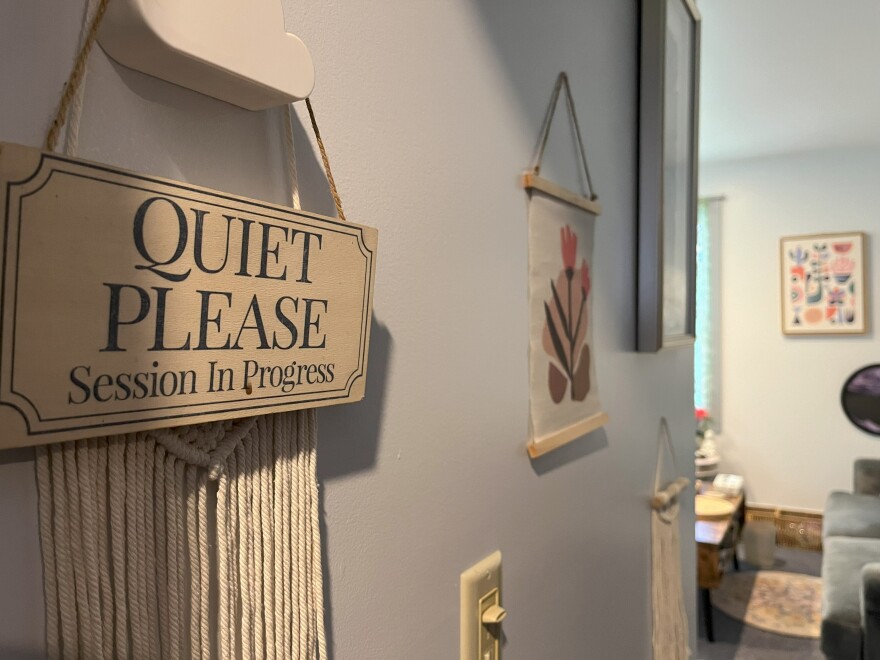Nashua health officials are working to decrease the stigma surrounding mental health for Latinos in the city, through an initiative that seeks to understand the community’s current mental health needs.
Equity Officer Iraida Muñoz said the city's division of public health hosted a community conversation last month about mental health in English, Spanish and Portuguese, with a focus on emotional well-being. She said some of the most interesting responses were about the cultural taboos among Latinos about talking about mental health — especially for young men.
“Some of the answers we found is that people don’t talk about their feelings at home; this isn’t something Hispanics usually emphasize, but they do connect in other ways,” Muñoz said in Spanish.
Watila Burpee is a therapist at the Greater Nashua Mental Health Center who has spent nearly two decades working with Hispanic clients and raising awareness about the ongoing mental health crisis. Echoing Muñoz, she said an additional barrier for many of her clients is the cultural attitude towards mental health.
“Latino culture doesn't see mental illness as something that is important to take care, just like the physical health,” she said. “They think that's a shame. That's just something that we don't talk about.”
She said taking a client’s culture into consideration is important for mental health providers, especially to help process the traumatic experiences of immigration. However, that’s often made more difficult by a lack of diversity among providers.
A diverse health workforce increases access to care and improves quality of care, according to a report from the National Center for Health Workforce Analysis. The report found this is especially true for underserved populations, who are less likely to be represented among providers, as the majority of the behavioral health workforce identified as female and non-Hispanic white.
Nationwide, about 9% of psychologists were Hispanic in 2023, according to another report from the center. The number is slightly higher for counselors, but still less than 19% — the share of Latinos in the U.S. population.
“If you don't take the cultural background into consideration, then you're going to be missing a lot of things to be able to give a good service,” Burpee said. “When you talk with somebody that speaks your language and understands your culture, everything is so much easier.”
The issue was highlighted in August when the New Hampshire Office of Professional Licensure and Certification suspended the license of a bilingual clinician for allegedly crossing boundaries with a client. Pending a follow-up emergency suspension disciplinary hearing, it is unclear what happened to his 52 clients.
The department is working on turning what they heard from community members into a report that will inform their work. Meanwhile, Muñoz said they are still focusing on ongoing prevention and education — especially with younger kids.
She said they had an “aggressive” communications strategy and outreach through several channels, including podcast, social media, YouTube, a digital newspaper, and community health workers. She said that they also have connections to organizations in the community that can provide low- or no-cost care in their language.
“If you find yourself in a circumstance where you feel scared or you feel a little mentally exhausted; those situations are normal and there’s help,” she said in Spanish. “Don’t hesitate to call us.”








